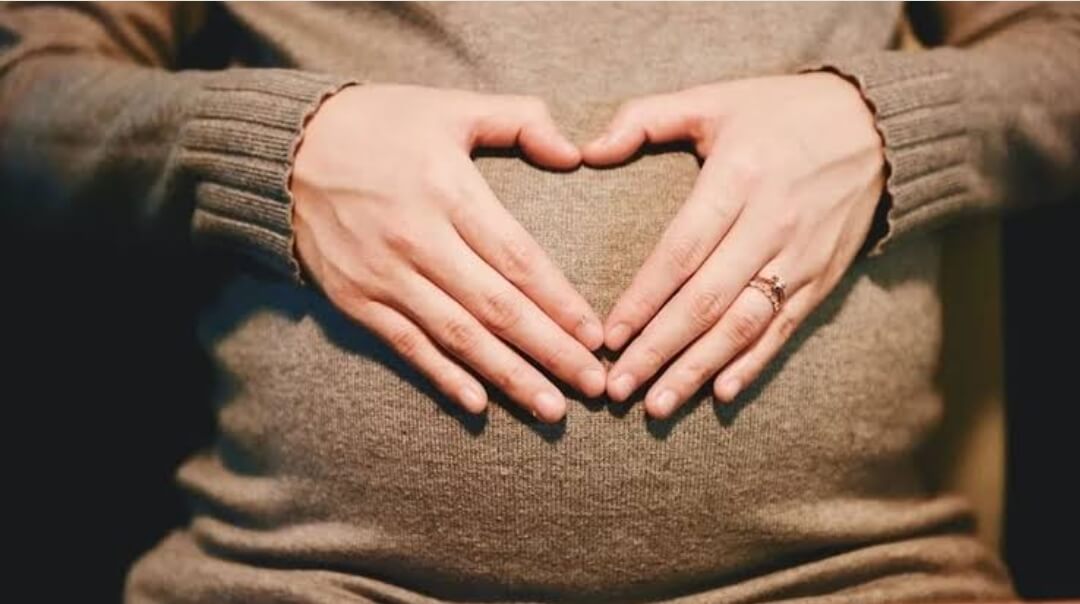
Depression and anxiety spiked in pregnant women during COVID-19 pandemic
A woman goes through a lot of changes, both physically and emotional, during pregnancy. When you are pregnant, it's normal to feel stressed or anxious at times. But some may find it difficult to cope with the changes that pregnancy brings, and this can affect their mental health. It is estimated that 1 in 5 women experience mental health problems during pregnancy or after birth. Depression and anxiety are identified as the most common mental health problems affecting pregnant women. The COVID-19 pandemic has further increased the rate of depression and anxiety in expectant mothers, according to a new study by the University of Essex.
The researchers found a 30 per cent spike in reported depression from pre-pandemic levels, from 17 per cent to 47 per cent, and anxiety rates increased by 37 per cent in expecting mothers to 60 per cent. The peer-reviewed study was published in the BMC Pregnancy and Childbirth.
COVID-19 pandemic and mental health
The researchers speculated that highlighted changes to maternity services due to COVID-induced lockdown and other restrictions likely hit the mental health of pregnant women. For example, the removal of appointments and other changes to face-to-face contact may have affected maternal wellbeing during pregnancy. They also noted that prenatal trauma, such as the one experienced during the COVID-19 pandemic, can significantly amplify vulnerability to mental health problems.
Further, the study found that pregnant women with higher depressive symptoms reported feeling less attached to their unborn babies.
A Woman's mood during pregnancy influences the early relationship with her child. This reinforces the need for authorities to support women throughout their pregnancy and the postnatal period in order to protect their health and their infants' development.
Social support protects pregnant women's mental health
Importantly, the research also highlighted that social support could protect expecting mothers against anxiety symptoms associated with the pandemic.
Women who considered the impact of COVID-19 to be more negative showed higher levels of anxiety, but help from partners, family and friends, and the NHS acted as a protective factor leading to fewer negative symptoms - the researchers said.
The high rates of depression and anxiety during the pandemic suggest that expectant women are facing a mental health crisis. This can significantly interfere and impair mother-infant bonding during pregnancy and can potentially impact on childbirth outcome, as well as later infant and child development.
Visit DocMode for Courses and lectures













